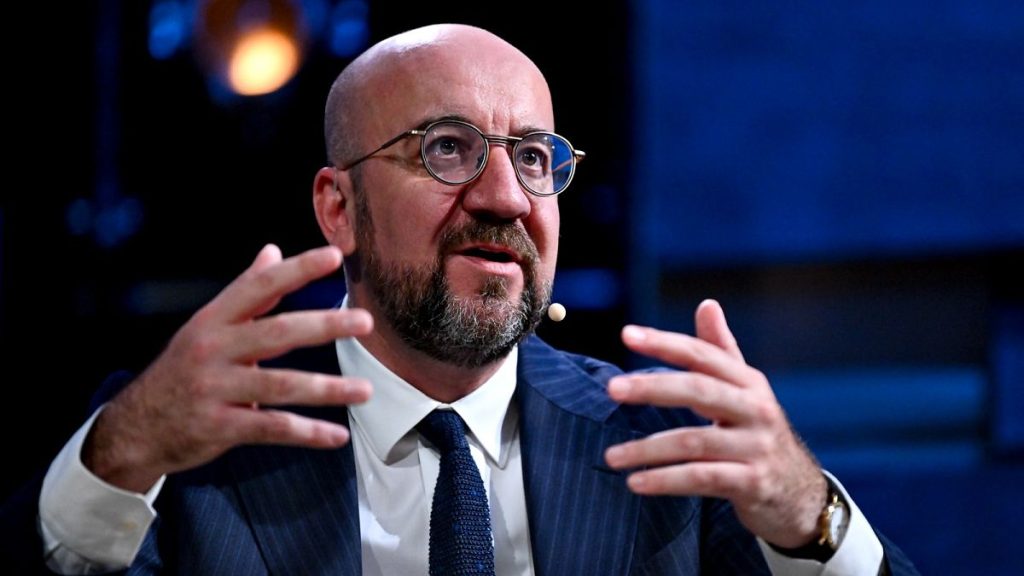Charles Michel, the president of the European Council, stated at the Copenhagen Democracy Summit that it is possible to cooperate with “some” far-right personalities. He highlighted the upcoming elections to the European Parliament, where hard- and far-right parties are expected to gain significant representation. Michel emphasized the importance of political parties being ready to collaborate to support Ukraine and defend democratic principles to strengthen the EU. He pointed out that while some far-right personalities may share common goals and views, cooperation may not be possible with others.
Although Michel did not mention any party or personality by name, his comments seemed to reference Italian Prime Minister Giorgia Meloni, whose coalition has been dubbed the most right-wing in Italy’s history. Despite initial concerns about her Eurosceptic stance, Meloni surprised critics by adopting a more pragmatic approach to EU politics upon taking office. She has been constructive on key issues like support for Ukraine and migration reform while remaining opposed to the Green Deal. Meloni, along with allies from the ECR group, such as Poland’s Law and Justice and Spain’s VOX, are aiming to increase their share of seats in the European Parliament.
The alignment of traditional mainstream parties with demands from the extreme right has sparked questions about their willingness to accommodate or align with far-right ideologies. The EPP, for instance, has formed working arrangements with ECR forces in various countries. Recently, Croatian Prime Minister Andrej Plenković, a prominent EPP politician, signed a deal with the ultra-nationalist Homeland Movement, raising concerns about the far right’s normalization. This trend, according to progressives, poses a threat to European democracy and integration.
While Michel focuses on the substance and results of cooperation with far-right parties, there is opposition within his liberal family Renew Europe, which is firmly against collaboration with ECR or ID. Last week, Renew Europe, along with socialists and greens, condemned the rise in violence against lawmakers, activists, and journalists linked to increased support for far-right parties. The statement emphasized that there would be no cooperation or coalition formation with far-right or radical parties at any level. Michel’s position stands in contrast to the stance of Renew Europe.
Michel expressed confidence that centrist parties would continue to play an essential role in the EU’s future, despite concerns about the rise of far-right extremism around the elections. He referred to the ability to work with leadership from member states, including parties more right-leaning, as exemplified by past experiences in the European Council. Michel remains calm and serene amidst the pre-election worries and believes that centrist parties will maintain their significance in shaping the EU’s direction. Despite differences within the political landscape, Michel’s focus remains on the policy substance and decisions that contribute to the EU’s progress.


